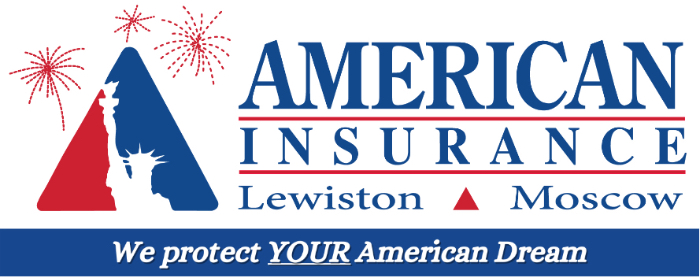Here are some tips on how to have a great party while managing the risks of serving liquor. Whether you are hosting a personal party for friends and family or a business party for employees and guests, when planning a party that includes serving liquor you will want to understand your legal risk and how to protect yourself from claims. First, let’s clarify that we are talking about parties that you host (at a residence or elsewhere) where liquor/alcohol is available to your guests for free. You may provide the liquor or it could be BYOB.
You can transfer your liability to an insurance company for social host liquor liability. No matter where the party is actually held, your personal liability and/or business liability insurance goes with you. However, if you rent a location you must add that location to your policy temporarily as an “insured location” for premises liability and medical payments to apply. Remember, it is an entirely different legal and insurance matter if your venue is selling the liquor by the drink or you are paying the venue for the drinks. In that case you will want to verify that the venue has Liquor Liability Insurance for your event by receiving a Certificate of Liability as evidence. For more information click on Liquor Liability – is special coverage needed?
Social host liability is the legal term for the criminal and civil responsibility of a person who furnishes liquor to a guest. “Dram Shop Liability” laws vary widely from state to state, but 43 states have them on the books. Most of these laws offer an injured person, such as the victim of a drunk driver, a method to sue the person who served the alcohol. There are circumstances under these laws where criminal charges may also apply.
“Because you can be held legally responsible for your guests’ actions after they leave your party, hosts need to be particularly careful,” said Loretta Worters, vice president of the Insurance Information Institute (I.I.I.). “While a social host is not liable for injuries sustained by the drunken guest (as they are also negligent), the host can be held liable for third parties, and may even be liable for passengers of the guest who have been injured in their car.”
Tips on How to Protect Yourself and Your Guests
- Consider venues other than your home for the party. Hostiing your party at a restaurant or bar that has a liquor license and liquor liability insurance, rather than at your home, will help minimize liquor liability risks.
- Hire a professional bartender. Most bartenders are trained to recognize signs of intoxication and are better able to limit consumption by partygoers.
- Encourage guests to pick a designated driver who will refrain from drinking alcoholic beverages so that he or she can drive other guests home.
- Be a responsible host/hostess. Limit your own alcohol intake so that you will be better able to judge your guests’ sobriety.
- Offer non-alcoholic beverages and always serve food. Eating and drinking plenty of water, or other non-alcoholic beverages, can help counter the effects of alcohol.
- Do not pressure guests to drink or rush to refill their glasses when empty. And never serve alcohol to guests who are visibly intoxicated.
- Stop serving liquor toward the end of the evening. Switch to coffee, tea and soft drinks.
- If guests drink too much or seem too tired to drive home, call a cab, arrange a ride with a sober guest or have them sleep at your home.
- Encourage all your guests to wear seatbelts as they drive home. Seatbelts save lives.
Source: Insurance Information Institute, News Release: Holiday Party Etiquette -Nov 21, 2011


